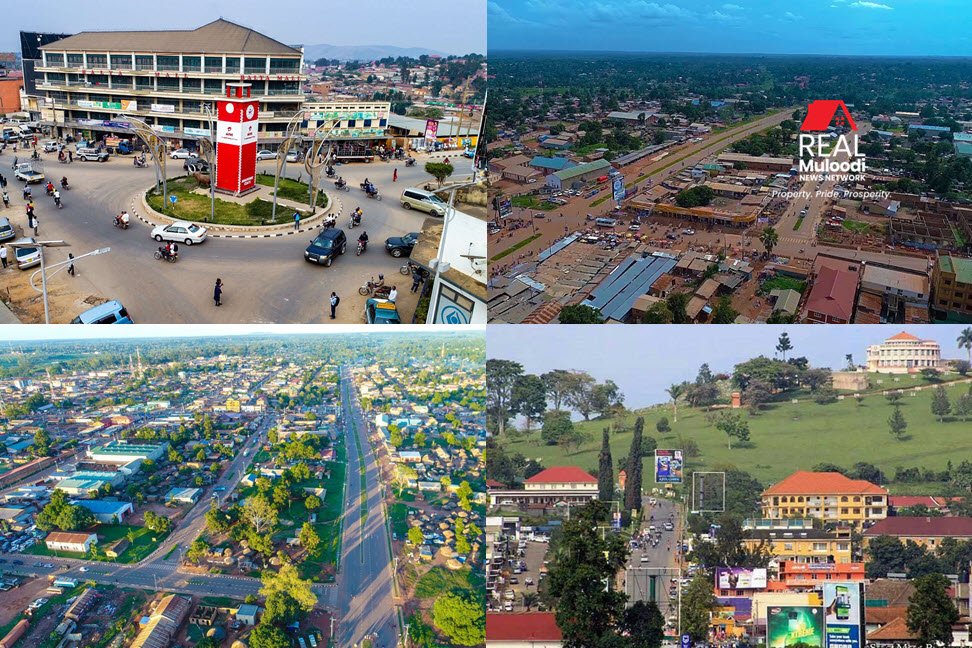UGANDA, Kampala | Real Muloodi News | The Ministry of Local Government is currently undertaking property valuations in newly created cities, targeting properties to be taxed in the next five years.
The cities undergoing the valuation exercise are Mbale, Soroti, Hoima, Fort Portal, Arua, Jinja, Mbarara, Masaka, Lira and Gulu – all of which are former municipalities that recently attained city status.
City status was granted to these areas with the objective that physical planning, implementation of activities and general administration will be better.
Therefore, the designation of ‘city’ comes with the expectation that the livelihoods of residents will improve by boosting investment and promoting a conducive business environment.
Public expectations are that garbage and sanitation management will improve, as will the delivery of water, roads and basic social services. Further, enhanced specialised economic activities will result in better incomes and quality of life.
However, the ability for local governments to realise these ambitions is dependent on their ability to raise their own revenue. This is particularly true for cities undergoing rapid urbanisation, such as the ones involved in the property valuation exercise.
The Central Government transfer of funds to urban local governments is insufficient when dealing with the needs of growing urban areas.
In the face of inadequate funding, many urban areas cannot afford to cope with the demands for infrastructural development and services, resulting in unplanned development and an inability of urban authorities to deliver services that match the needs of their rapidly growing populations.
Therefore, local governments must be able to raise their own revenue, with property rates (property tax) being an important contributor to local coffers.
Property rates are only levied on commercial properties. It is a tax on all immovable property or buildings that are commercially managed like schools, rented houses, rented shops, factories, hotels, universities and any part of which is used for the purpose of business, even if it is owner occupied.
However, the tax does not apply to owner occupied residential dwellings, or to vacant land.
USAID is supporting the Ministry of Local Government to conduct the comprehensive GIS enabled property valuations in the 10 cities, as part of the Domestic Revenue Mobilisation for Development (DRM4D) effort.
The valuation activity is being conducted in accordance with the local Government Rating Act 2006. It has already commenced, and will proceed concurrently in all of the Cities so as to be completed within the next three months.
The firms that have been contracted to perform the valuations are:
- REDAH informatics Ltd for Mbale, Soroti, Hoima and Fort Portal.
- GMT Consults Ltd for Arua and Jinja
- Knight Frank Uganda Ltd. for Mbarara, Masako Lira and Gulu.
The Ministry of Local Government has appealed to stakeholders, political leaders, property owners and the residents to provide the utmost cooperation and support during the valuation exercise,· and to provide the valuation teams with the information they may require for the successful implementation of the project.
Additional revenue from property rates will increase the resource envelope for the cities which are needed to finance service delivery in the areas of health, education, infrastructure, hygiene, sanitation and other Important areas.
READ MORE LIKE THIS:



